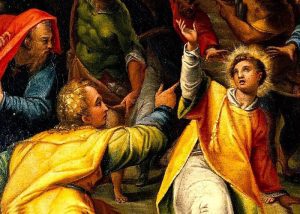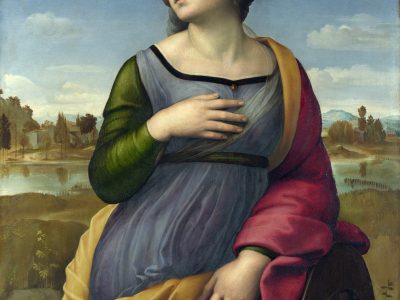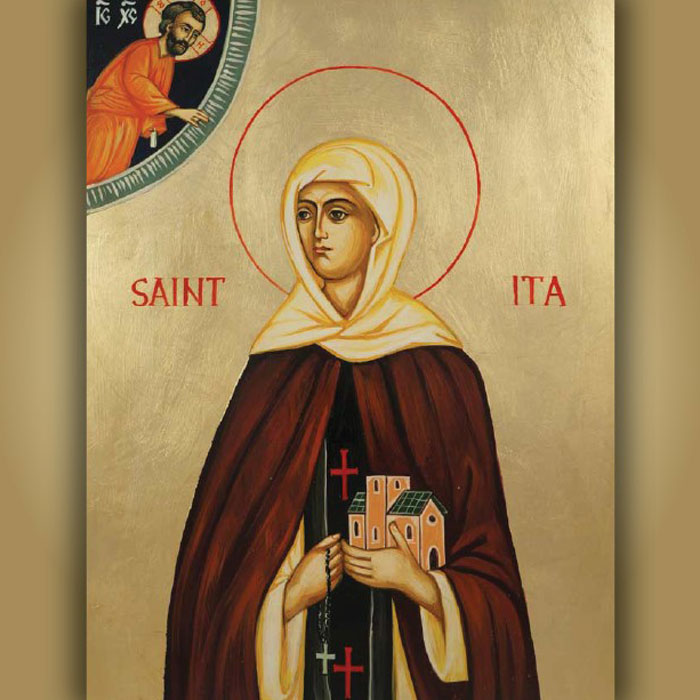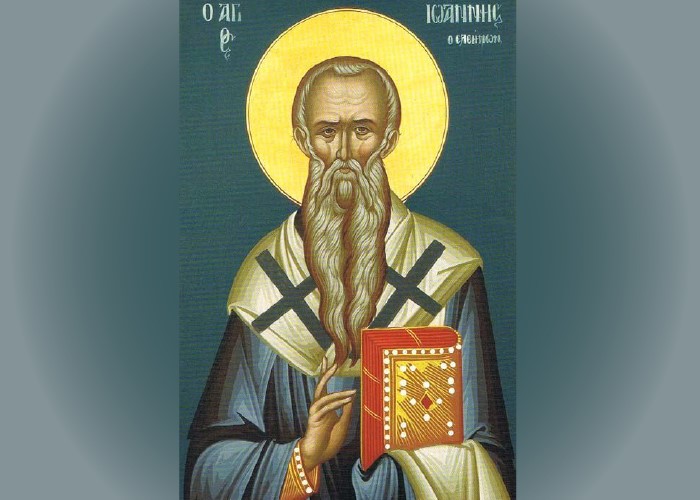
The day after Christmas is called “St. Stephen’s Day” to commemorate the first Christian martyr. It is also this “Feast of Stephen” that is mentioned in the English Christmas carol, “Good King Wenceslas.”
Stephen was a Greek-speaking Jew living in Jerusalem. He became a follower of Jesus Christ and was one of seven individuals chosen by the twelve apostles to serve tables, look after the distribution of the community funds (alms), especially to widows, and assist in the ministry of preaching.
Stephen was also a leader in the Christian group known as the “Hellenists,” a community that had its own synagogues where the scriptures were read in Greek. The Hellenist Christians maintained that the new Christian faith could not grow unless it separated itself from Judaism and specifically the Temple and the Mosaic law. The Hellenists also urged the expansion of the Church’s mission to the Gentiles.
The elders in a number of neighboring synagogues opposed Stephen and the Hellenists and charged him with blasphemy for saying that the Temple would be destroyed and that Jesus had set aside the Mosaic law even though Stephen maintained that Jesus came to fulfill the law, not set it aside.
When dragged before the Sanhedrin, the supreme legal court of Jewish elders, Stephen made an eloquent defense of the Hellenist Christian teaching. He charged his accusers of trying to stifle the movement of the Holy Spirit, of persecuting those who spoke prophetically and of betraying and murdering Jesus. Then he looked up to heaven and began to describe a vision he was having of the recently executed Jesus standing on the right side of God.
The council erupted into a furor and its members began shouting, covered their ears and ordered Stephen to be dragged outside the city and executed. As he was being stoned to death, Stephen asked God to forgive his attackers while the witnesses to his martyrdom placed their cloaks at the feet of Saul of Tarsus who consented to Stephen’s death. Saul would later undergo a conversion experience and become Saint Paul.
Saint Stephen was one of the most popular saints in the Middle Ages and in many countries his feast day of December 26 is still a public holiday. He is the patron saint of deacons and his name is included in Eucharistic Prayer I of the Mass.



